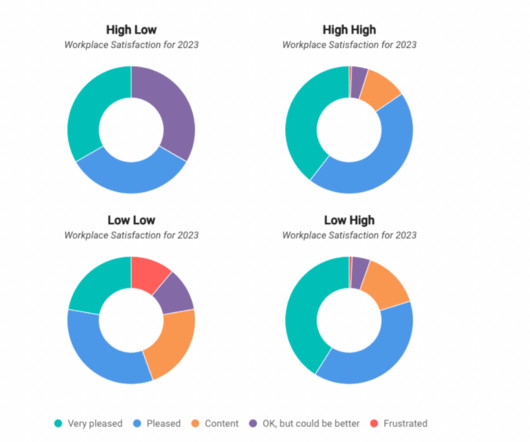What WorldatWork Revealed About Employee Recognition Programs
Kazoo
JUNE 12, 2018
Employee Recognition Programs Will Help Performance Management. Motivated and engaged employees perform better — so why are organizations overlooking the role of employee recognition programs and total rewards in performance management? Get Started with Kazoo. The Digital Future.















Let's personalize your content